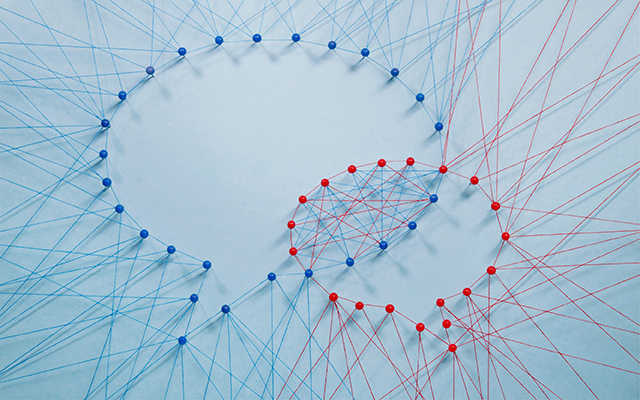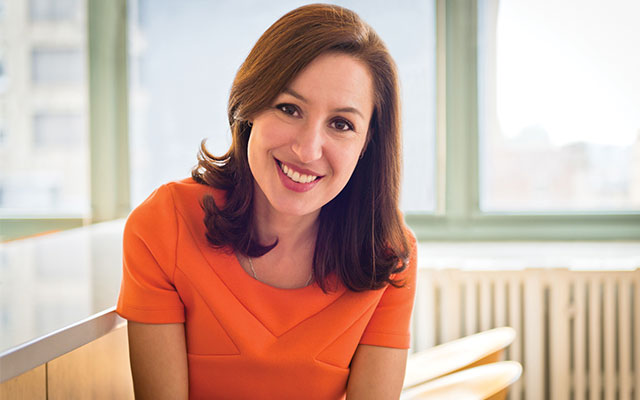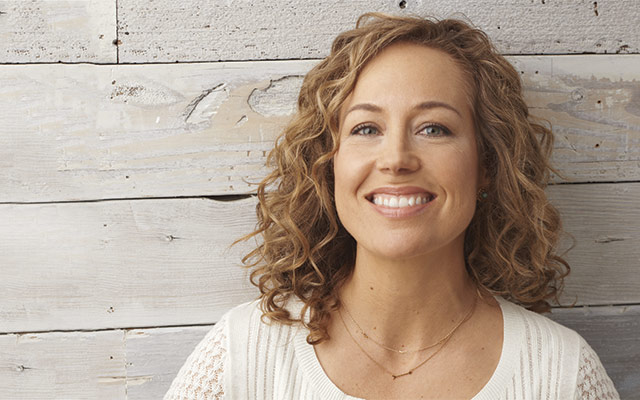After reaching a certain age, you tend to blend into the background a bit, so I was heartened the other day to learn that a perceptive Buzzfeed reporter has identified me and my aging-boomer peers as existential threats to democracy. It’s so nice to be noticed.
It seems that our multitudes, our penchant for civic engagement, and our stunning digital illiteracy have combined (with Russian bots) to toss a wrench into America’s political machinery. “A growing body of research shows they have disproportionately fallen prey to the dangers of internet misinformation and risk being further polarized by their online habits,” Craig Silverman writes. “While that matters much to them, it’s also a massive challenge for society given the outsize role older generations play in civic life, and demographic changes that are increasing their power and influence.”
Geezers are much more likely than younger folks to share fake news on Facebook, Silverman notes, and purveyors of hoaxes on both ends of the political spectrum have learned to target them with their content. Yet, the bulk of digital literacy programs that have flourished since the 2016 election are focusing on younger voters. “This means the very people who struggle the most with digital information and technology risk being left to fend for themselves in an environment where they’re being targeted and exploited precisely because of their vulnerabilities.”
It’s comforting to know that someone’s watching out for the interests of elderly Facebook fans, but I’m having a little trouble grasping how explaining the difference between real and fake content is going to deter folks — at any age — from glomming on to anything that validates their worldview.
Politics, after all, is less about information than emotion. And while I doubt Mark Zuckerberg was considering electoral dynamics when he designed his social-media gold mine, it turned out to be the perfect vehicle for circulating drama, fear, anger, and joy — all in the service of manipulating the whims of the American voter.
Or maybe not.
I can’t deny the research showing that geezers have flocked to Facebook in recent years, but I’m less convinced that their social-media behavior is having much effect on the political system. We live in an ultra-polarized country, where elections are typically decided by a narrow swath of independent-minded citizens who maybe only visit Facebook for the kitten videos. The rest of us would, as My Lovely Wife put it the other day, “vote for a ham sandwich” if it earned our preferred party’s nomination.
Still, part of me revels in the notion that my much-derided generation now holds the keys to America’s civic future. It’s like, 50 years after Woodstock, we’re still finding ways to confound the mainstream. Only we’re now the mainstream, which means we’re just as confused as we’ve always been. Looking at it that way, I guess I can see why folks might be concerned.




This Post Has 0 Comments